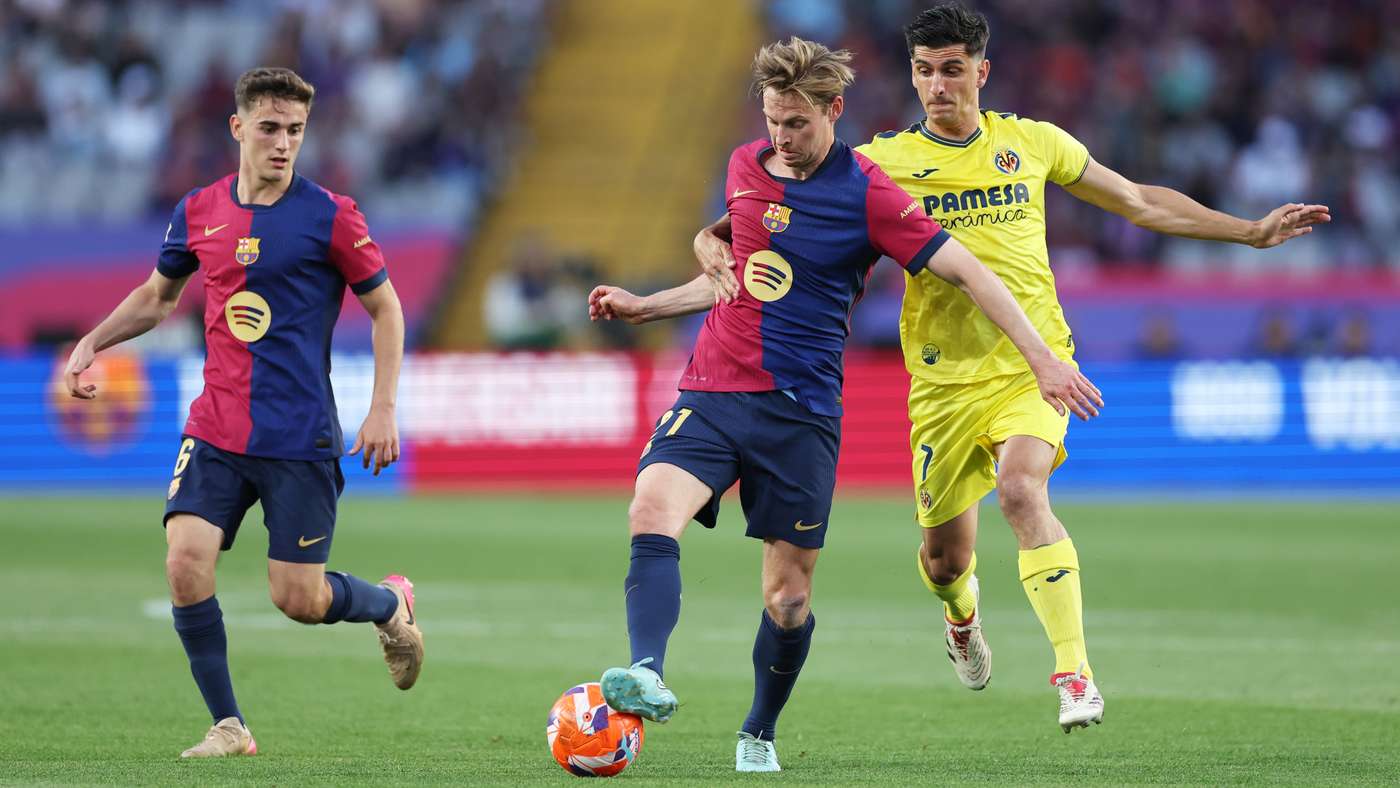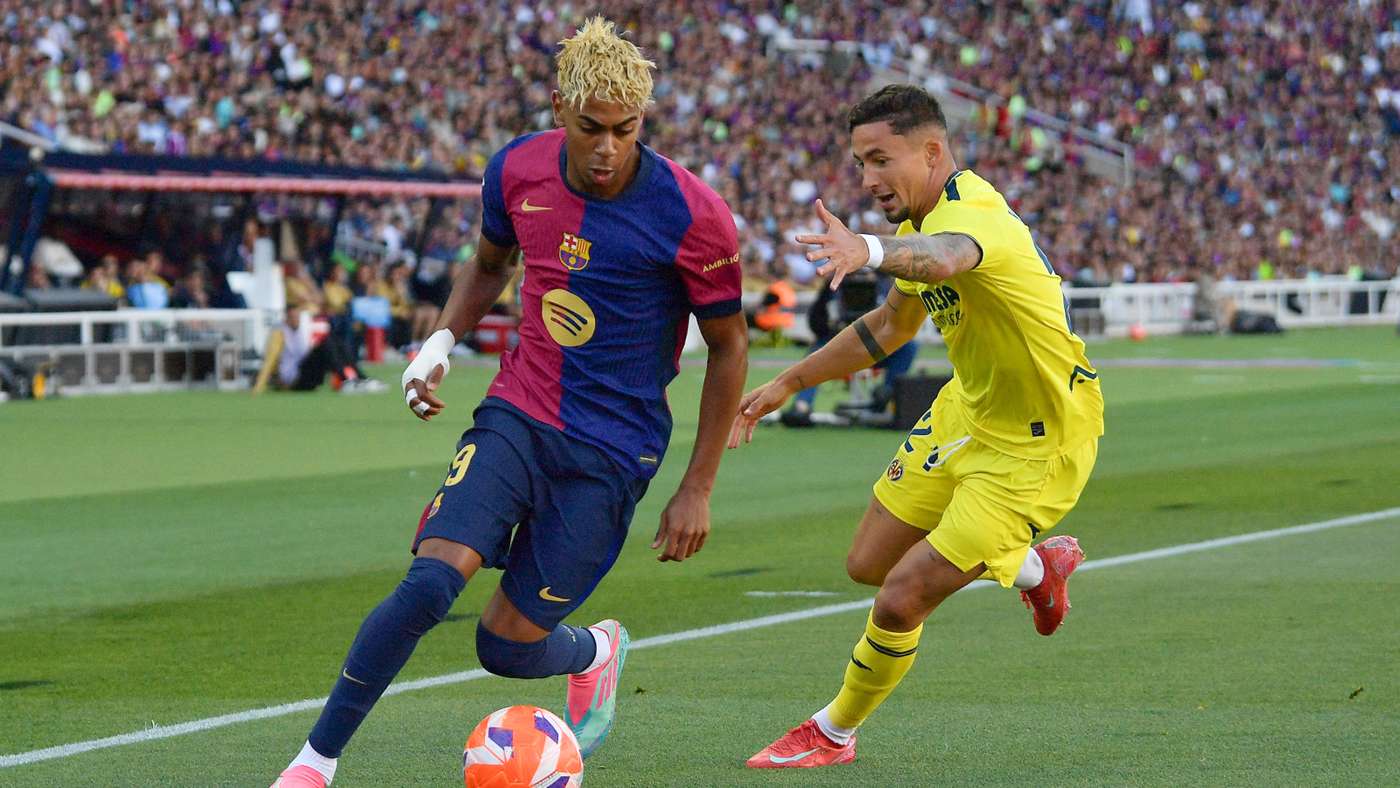The Quiet Clash: Ten Silent Seconds That Shook La Liga’s Miami Plan
17 October 2025

Background: The Miami Plan and the clash ahead
Spanish football is currently in one of its most tense periods in years as club executives align against La Liga’s plan to stage a high-profile match between Barcelona and Villarreal in Miami on December 20. The Miami Plan is pitched as a bold step to expand the league’s global footprint, but it is viewed by players, unions, and some clubs as a top‑down decision that disregards rights and proper consultation.
La Liga frames the Miami Plan as an ambitious move to broaden the competition’s audience and commercial reach worldwide. Critics, however, argue that the plan was pushed through without meaningful input from those who actually play the game, and that it risks eroding essential working conditions and the integrity of the domestic schedule.
The dispute has quickly shifted from boardrooms to the pitch, with players signaling their stance through coordinated actions and public statements that stress transparency, negotiation, and respect for collective rights that shape the sport.
The silent protest and its fallout
The spark came Friday night as Real Oviedo and Espanyol halted play for 10 seconds at the start of the ninth round, a symbolic gesture meant to spotlight the friction surrounding the plan. The pause did not carry the full 30 seconds initially proposed in some circles, and broadcasts reportedly did not clearly capture the moment, fueling chatter about a possible media blackout aimed at muffling dissent.
Officials say the intention is to repeat the symbolic pause across all matches in the ninth round to demonstrate unity among players from different clubs, while underscoring discontent with the perceived marginalization of players in critical decisions.
In a formal note, the players’ union explained that while they do not oppose development and international exposure, they insist on open dialogue, formal negotiations, and full respect for players’ legal and professional rights before any wide‑reaching changes are implemented.
A media image showing a Barcelona post stands alongside a note that Barcelona and Villarreal were excluded from the silence to prevent the gesture from being interpreted as targeting the teams involved in the Miami fixture. The union argued that the choice was about process, not about the two clubs themselves.
Leaders of the players’ association pressed for transparency, transparency, and more transparency — the kind that includes a genuine negotiation table and an open exchange of information about the project and its legal and regulatory implications for players and competitions alike.
The rift has put the relationship between La Liga and the players’ union at an unprecedented level of strain, with reports highlighting disputes over several issues including the potential delay of the season for certain clubs tied to global commitments, rest norms between matches, and the overarching logic of staging an American match as part of a long‑term growth strategy.
According to insiders, players feel sidelined from decision‑making, despite their central role in the sport, and they warn that without meaningful dialogue the rift could widen into a structural crisis that disrupts the league’s core products and calendar.
Attempts, reactions, and what might come next
In a bid to defuse the tension, the players’ union had called for a formal Madrid meeting with representatives from La Liga and clubs such as Barcelona and Villarreal. However, the invitation was effectively ignored, with no attendees from the sides that had been invited, deepening concerns about the sincerity of the outreach efforts.
Barcelona initially signaled willingness to participate but later withdrew, citing scheduling conflicts. The union described the withdrawal as further evidence of a lack of seriousness about genuine dialogue and problem‑solving, rather than a simple scheduling hiccup.
David Aganzo, head of the players’ union, publicly pressed that players are tired of feeling sidelined and urged that football’s decision‑making be shared with those who perform the sport on the field. He stressed the need for a true partnership approach rather than a unilateral business project that overlooks working conditions and contractual realities.
La Liga, for its part, remains steadfast in the belief that the Miami Plan offers a rare opportunity to broaden the league’s international footprint, particularly in the American market where interest in European football is expanding rapidly. The league asserts that all regulatory processes are being followed and that the project enjoys the backing of several sponsors and sports institutions worldwide.
Critics argue that relocating a flagship match abroad risks diluting the domestic competition’s identity and heritage, potentially eroding the cultural fabric of Spain’s football season. They warn that a protracted standoff could threaten the project’s viability and the league’s stability if the conflict escalates, leading to delays or legal action that could ripple through a sport already facing complex governance challenges.
As both sides hold their ground, the future of the Miami Plan remains uncertain. The core question is whether a pathway of dialogue and transparency can be built in time to salvage a project pitched as a catalyst for growth, or whether the dispute will harden into a longer‑term rift that reshapes how decisions are made in Spanish football. If dialogue and compromise prevail, the Miami experiment could become a milestone in expanding the audience for La Liga; if not, it risks becoming a cautionary tale about expansion without inclusion and consultation.
In the end, football, like life, prefers to improvise around a good plan, not improvise a plan around a bad reception. And if all else fails, there’s always a 10-second silence—though this time, perhaps better practiced in private meetings rather than on prime-time television. Because nothing says “we mean business” like a quiet room and a really long pause between two kickoffs.
Punchlines to end on a lighter note: If silence is golden, this negotiation might just mint a platinum edition of football governance. And remember, in football as in life, sometimes the loudest scream is the one you don’t hear—until the referee blows the final whistle and reveals the budget sheet behind the plan.



